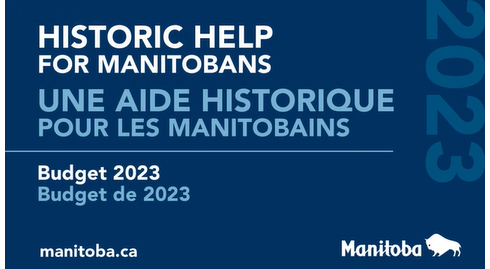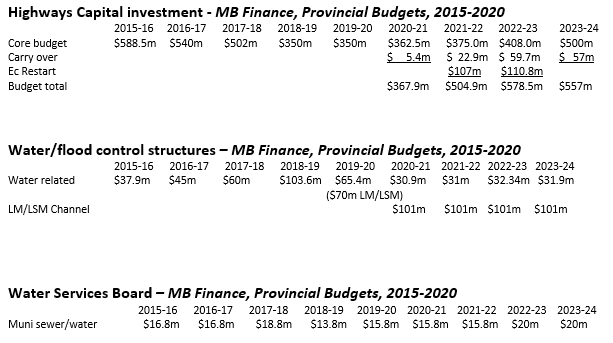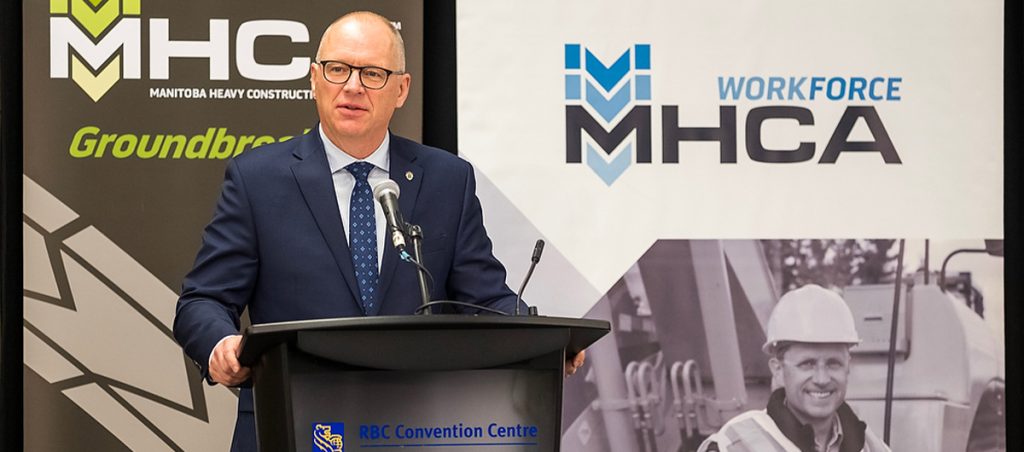Province hikes highways investment, five-year capital plan

Manitoba’s highways capital investment for 2023-24 will increase to $500 million, with an additional $57 million carried over in unspent dollars from last year.
That total of $557 million, announced March 7 in the provincial budget, is about $90 million more than was budgeted in 2022-23 – $408 million in the core program, with about $60 million in carry-over dollars.
“We applaud what is a significant increase in Manitoba Transportation and Infrastructure’s highways capital program, and look forward to working with the department to ensure the budget is fully tendered and awarded this year,” MHCA President & CEO Chris Lorenc said.
The $57 million in carry-over for 2023 means last year’s actual expenditures were in the range of $410 million. Verification of actual expenditures will not be published for months, in the 4th quarter financial report.
Financial officials, speaking for background purposes, noted that last year’s allotment of $110 million to highways from the economic Restart Program was fully expended. That was in addition to the highways capital line budget. That two-year program was completed last year.
This year, the province is once again penciling in $101 million for the Lake Manitoba-Lake St. Martin Outlet Channels project, pending federal environmental approvals and consultations with First Nations.
The provincial budget also contained a five-year capital infrastructure plan; last year the budget included a three-year plan.
That five-year plan shows $2.5 billion in highways capital expenditures 2023-2027.
The MHCA has pressed for a long-term investment plan, specific to the highways capital budget, to assist industry to line up supplies and resources, including workforce commitments, which makes for a much more competitive bidding environment.
The 2023-24 budget for “other water-related infrastructure” by MTI is set at $32 million, about the same level as in ’22-23.
The strong increase to highways capital investment indicates the province, as publicly committed, is putting resources behind its plan to invest in Manitoba’s trade corridor system, Lorenc said.
Finance Minister Cliff Cullen, in his speech to the legislature, underscored the importance of working with industry to ensure the provincial trade routes and corridors support and spur economic growth, given the vital role they play in our domestic, continental and global trade profile.
Cullen noted that businesses rely on Manitoba’s unique access to North American and global markets, “to shorten their supply chains and reduce risk.”
“Thanks to our work with the Manitoba Heavy Construction Association, we are investing over $2.5 billion in trade-enabling highway infrastructure over the next five years.”
Those investments include improving the Perimeter to freeway status, a commitment of $40 million to see water and waste water services extended to CentrePort Canada South lands and upgrading the rail line to the Port of Churchill.
“We are investing to enhance our export capacity at a critical time for the global economy,” Cullen said.
“One day soon, Western Canadian exporters from the Rocky Mountains to Hudson Bay will have access to global markets right here in Manitoba.”









